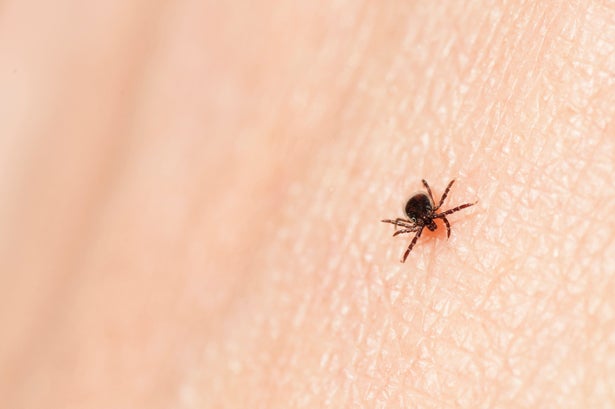
Why Ticks and Lyme Disease Are Soaring This Summer
A vector ecologist explains the complexities of tracking tick-borne diseases like Lyme in a climate-changed world

Why Ticks and Lyme Disease Are Soaring This Summer
A vector ecologist explains the complexities of tracking tick-borne diseases like Lyme in a climate-changed world
The Potato’s Mysterious Family Tree Revealed—And It Includes Tomatoes
Claude 4 Chatbot Raises Questions about AI Consciousness
Killer Sudoku: August 1, 2025
Allergens May Make Us Cough and Sneeze by Poking Holes in Airway Cells

Read all the stories you want.
Why Dungeons and Dragons Is Good for Your Brain
Strong Support for NASA and Project Artemis Will Advance the U.S.
Wildfire Smoke from Canada Blankets the U.S. Midwest in Haze of Bad Air Quality
U.S. Science and Scientific American Have Weathered Attacks Before and Won
How an Article about the H-Bomb Landed Scientific American in the Middle of the Red Scare
Reckoning with Our Mistakes
Jigsaws: SciAm Cover Art
Evolution of the Scientific American Logo
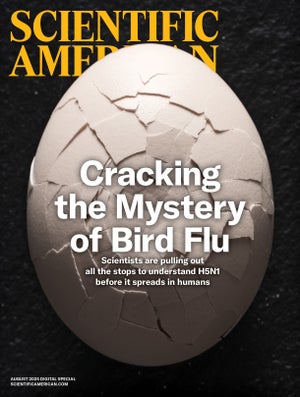
Create as many words as you can!
Stretch your math muscles with these puzzles.
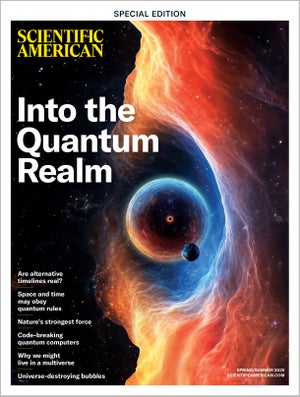
The Secret to the Strongest Force in the Universe
Why Aren’t We Made of Antimatter?
This Summer’s Extreme Weather Explained: Flash Floods and Corn Sweat
Summer Meteor Showers, Short Summer Days and Ancient Arthropods
What It’s Like to Live and Work on the Greenland Ice Sheet
Bring These Scientific American–Recommended Books to the Beach This Summer
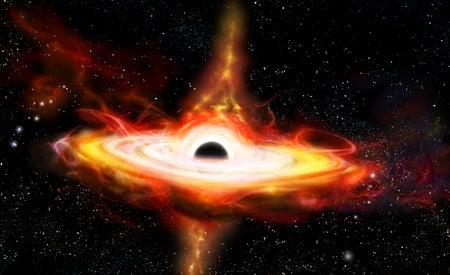
The Physics of Spinning Black Holes Explained
Scientists are uncovering how spinning black holes launch jets, warp spacetime and shape the cosmos

Claude 4 Chatbot Raises Questions about AI Consciousness
A conversation with Anthropic’s chatbot raises questions about how AI talks about awareness.

You Don’t Remember Being a Baby, but Your Brain Was Making Memories
Brain scans capture memory formation in babies, raising new questions about why people forget their earliest years
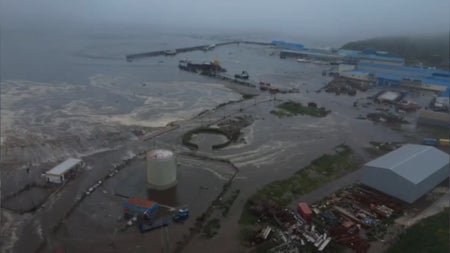
Why the Russian Earthquake Didn’t Cause a Huge Tsunami
Russia’s magnitude 8.8 earthquake spawned serious tsunami warnings, but waves have been moderate so far. Here’s the geological reason why

What Books Scientific American Read in July
Check out Scientific American’s fiction and nonfiction book recommendations for July

Wildfire Smoke from Canada Blankets the U.S. Midwest in Haze of Bad Air Quality
Winds from the northwest are blowing cool, dry air—but also wildfire smoke—into the U.S. Midwest from Canada